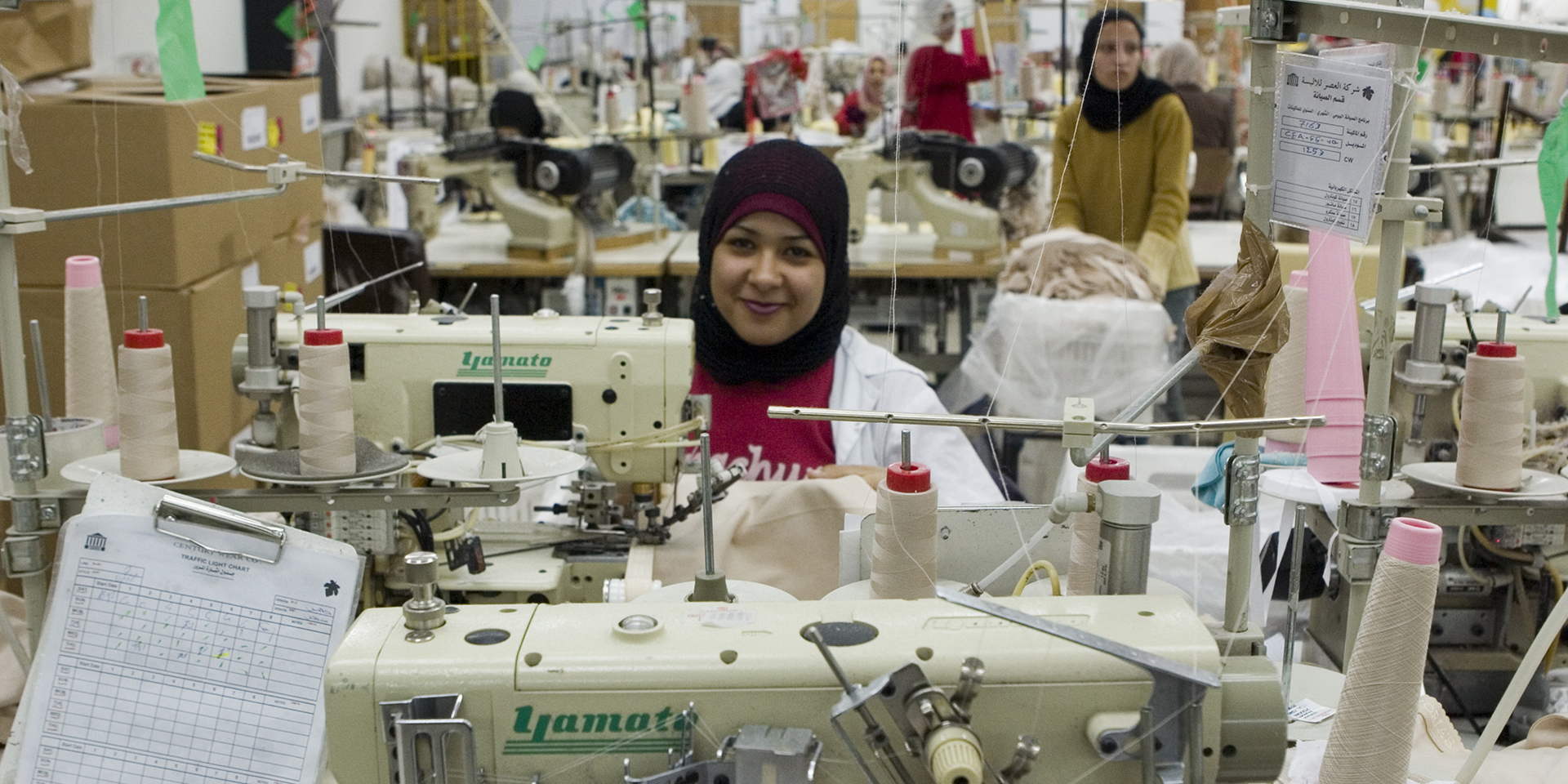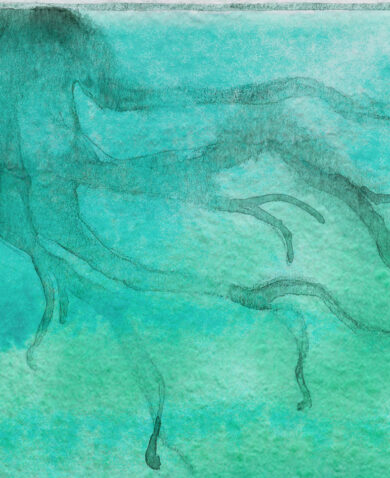
Fashion Forward: Supporting a Growing Industry in Moldova
September 10, 2015 | 2 Minute ReadZIPhouse, a new training and work space for fashion designers in Moldova, launched last week.
Success in the fashion industry, in any country, requires a delicate balance between artistic ability and keen business skills. As a designer, you need to not only understand what your market is and what customer you are targeting but what trends are emerging and how your personality will come out in your collections. The “toolkit” for a designer is clearly a multifaceted one and undoubtedly one that is changing as quickly as what trends are hitting the streets each season.
For young designers in Moldova, assembling this toolkit just got a little easier, with the opening of the country’s first center of excellence for design and technology in the fashion industry. The center, named “ZIPhouse,” will support capacity-building efforts by giving designers access to necessary equipment, technology, and training in addition to the opportunity to build relationships with peers and mentors which are crucial for a young entrepreneur in a fast-paced industry. The center itself is designed to foster collaboration and learning with designated areas for research, training, workshops, and even trunk shows where designers can showcase their work.
ZIPhouse officially opened on September 3, 2015, and the launch event attracted young local designers, models, teachers, donors, government workers, and businesses. The Prime Minister of Moldova, Valeriu Streleţ, was also in attendance to show his support for the launch of the center.
ZIPhouse is the result of a collaboration between USAID’s Competitive Enhancement and Enterprise Development II (CEED II) project, the Association of the Light Industry (APIUS), Moldova’s Technical University, and the Ministry of Education. It is an excellent example of how a public-private partnership can achieve results such as addressing a skills gap, supporting higher education, and fostering innovation in a key sector for the economy.
In Moldova, targeted support to the fashion, apparel, and footwear industries has been a focus for the CEED II program for the last five years. It has resulted in more than 70 new generation brands emerging as a backbone of the Moldovan fashion industry. More than 30 companies are now exporting in 10 international markets and have leveraged $16 million in export sales, and brands participating in the Moldovan market promotion campaign brought in $7.4 million in new sales and had 34 percent growth in three years. The program also trained more than 684 Moldovans — 81 percent of whom are women — on increasing efficiency and product quality through skills enhancement in design, marketing, manufacturing, and technology.
The opening on ZIPhouse will build on these successes and continue to advance the industry in Moldova. It is an example of sustainable development, with the fashion sector continuing to grow and innovate after the close of the CEED II project in June 2015. It is a new safe haven and hub for students and designers in Moldova’s evolving fashion industry.
With this new resource, look out for Moldovan designers to take the international fashion industry by storm.


























